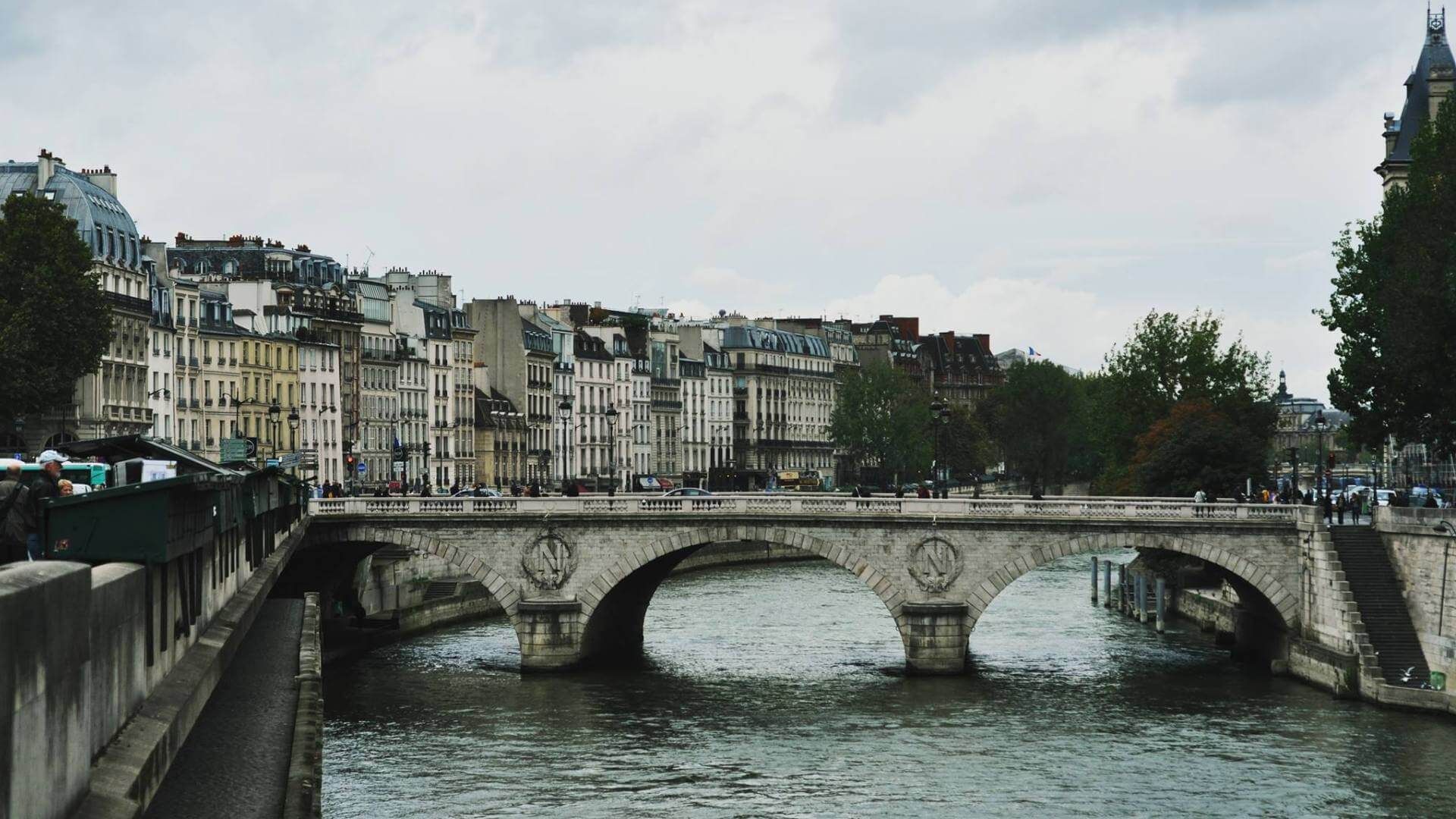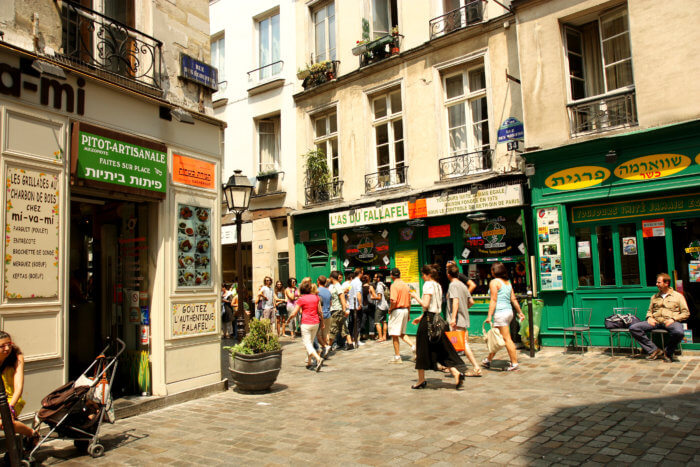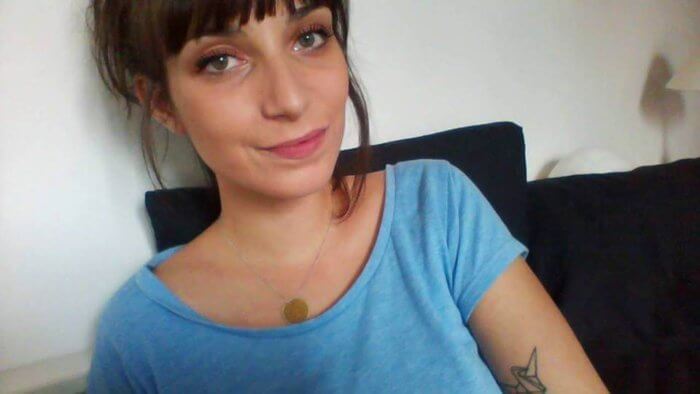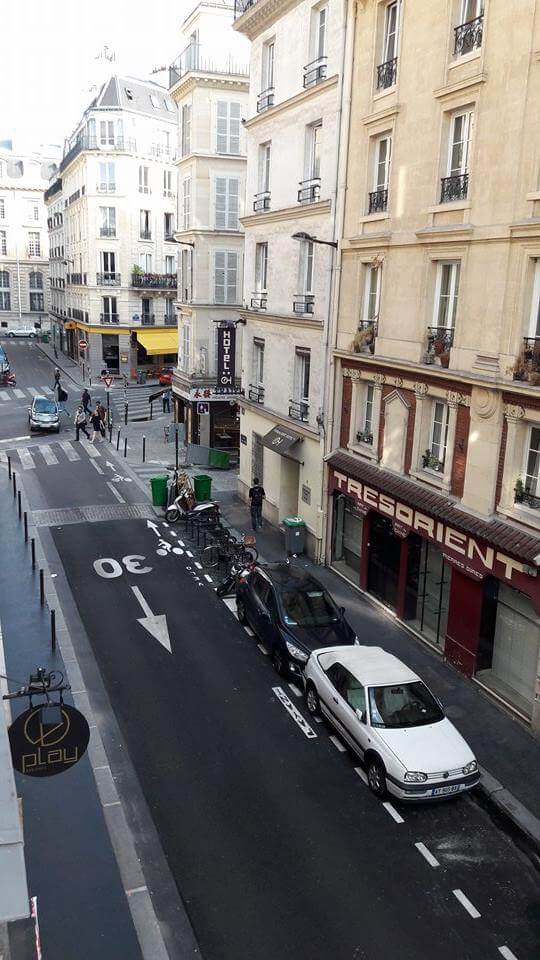
Being a Parisian in 2017
The multicultural character of European cities like Paris and London used to be a given. “Multicultural – insert name of any European capital” would be a fitting title for any travel magazine article concentrating on one of these cities, as well as for a cover story on a fashion magazine where models wear African inspired outfits against a urban background. In the aftermath of the 13th of November 2015 and of the terroristic attacks that hit other European capitals more recently, multiculturalism has started to be considered as more of a complex issue and less of an indicator of a significant concentration of ethnic restaurants in some neighbourhoods of a city. Public opinion is now paying more and more attention to the migrant communities that live in European cities, many members of which are European citizens.

In this sense, Paris is the multicultural city par excellence, with a tradition of immigration that dates back to the colonial time. All over the world les Parisiens are portrayed as snob and proud of their city and the elegance that comes with it. But beyond this stereotype it’s easy to recognise the true nature of its inhabitants, people that have been used to multiculturalism “way before it was cool” and have lived in neighbourhoods historically inhabited by different nationalities. Probably the most fashionable and definitely one of the most exclusive, the Marais is the historic centre of Jewish Paris, while Rue du Faubourg Saint Denis is the epicentre of multicultural Paris. Not to mention Little India, the vibrant and colourful streets around La Chapelle, and Belleville, whose multiculturalism was made famous by Daniel Pennac’s novels.
Being used to living together within diversity, most Parisians haven’t seen the cause of the terrorist attacks in migrant communities, and, when talking about the facts of November 2015 and how they affected their lives, they most often don’t mention Paris’ multicultural nature as a reason for concern. For our series on cities affected by terrorism, we spoke to Emeline, a 26-year-old French girl who has lived in Paris for the last two years.

Hello Emeline. Where were you on the 13th of November 2015? Do you remember what you were doing that night?
Hello. I live in République, which was quite in the middle of the attacks. That night I was at home, taking a power nap before going out. On this occasion I was thankful for my lazy way of life, which kept me away from the streets at that specific time of the evening. As soon as I realised what was happening, I started to worry for my friends and texted my roommates and boyfriend to make sure they were safe. From the windows I could see people running. I also spotted an acquaintance from the window and I joined him at the bar downstairs, a place I could reach through my courtyard without going out in the streets. I would have rather been with someone in that moment and not at home alone.
Have you noticed any change in the city since the attacks? Have everyday habits and human relationships changed?
Not really actually. The only thing is that when they hear a loud noise that sounds like a gunfire or a bomb, people sometimes start running and try to find a safe place, or some just stop walking and look for the gaze of others, they seem to say “Is it ok? – It was weird, wasn’t it? “. But apart from that, I didn’t notice any difference in people’s behaviours, not even toward Muslim communities.

What kind of changes have occurred in your everyday life? Have you ever thought of moving?
I don’t really like been in a big crowd. I don’t feel secure. I must admit I didn’t like it before because I am not much of a people person, but I feel that now my refusal has another reason. Nevertheless since 2015 I happened to be in crowds, during strikes for example. That’s a French habit, there’s not much you can do to prevent us from doing it!
As a French girl, how do you see Europe? Do you think these attacks are somehow threatening the concept of a united Europe?
In my opinion Europe is a concept based on shared economics, politics, common rules and culture, but I don’t think we individually feel like a part of Europe. I mean, I personally don’t feel like a European citizen, that is not my identity. Speaking of terrorist attacks and the fear they generated, I think this is definitely not helping people feel united and carefree when thinking of borders, but I don’t believe the terrorist concern is the main cause of Europe’s problems.
According to Emeline, life has moved on in Paris. But of course the fear of that night can’t easily be forgotten and the terrorist attacks that followed across Europe haven’t helped Parisians, and Europeans in general, feel safe in their cities. What is giving us hope in these hard times is the fact that Paris, the beautiful, multicultural and welcoming Paris, hasn’t lost its identity and its pride in being one of the most beautiful and diverse cities in the world.
Emeline was interviewed by Francesca Gabbiadini
Cover photo by courtesy of Martina Ravelli, all rights reserved
European, France, paris, republique, Terrorism, terrorist attack